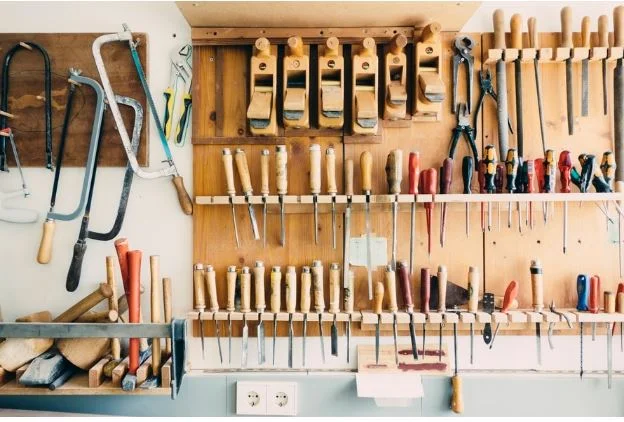Whether your business is a personalised gift shop where you hand-make everything or a billion-dollar corporation that employs the use of an automated production line, you need someone to sell you the raw materials and tools.
Sourcing the Best
Let’s say you need something like a flat roll steel coil to cut into your product. Where would you go to look for it? The tech-savvy among us would probably say Google, business entrepreneurs would ask their friends or look online, and old-school business owners would look in the local phone book.
These are all acceptable places to source the materials that you need, and the best option depends on what type of business you run and what materials you need. If you’re looking for the finest linen possible to stitch clothes and blankets together then a typical piece of cloth isn’t going to cut it. You’re going to need to look online and possibly order your items from around the globe to ensure you have a premium quality product that’s worth your time to create.
If you just need blocks of wood to create cheap furniture and desks, then a local saw mill will do just fine. It doesn’t need to be high-quality wood because you’re focusing on a budget product, and you can get wood delivered quicker because it’s a local business.
Should You Source Locally?
Local businesses would love to connect with other businesses because there’s a mutually beneficial deal to be made. You get to make your products quickly and cut out the delivery costs and times, and the company that supplies you will have a new regular client. You could even strike better deals with the local company and you’ll be supporting your city’s economy. It’s a win-win situation for both of you and it’ll save you time, money and effort.
However, a local business doesn’t always mean good quality. If you’re not bothered about the quality of raw materials then it’s safe to say you can go with the cheapest option and not feel any negative effects. Unfortunately, if the raw materials are unstable or low quality and it reflects in your final product once it comes off the production line, you might suffer from low sales, negative reviews and a loss of customers.
What About Internationally?
The other option is to source your materials from international or national businesses. This means you’ll have to predict your sales volume so that you can continuously create your products, which can be a challenging task without a dedicated analyst. If the materials you need are perishable then it’s going to be a logistical challenge to ensure your product is fresh when it arrives at your customer. If the materials can keep for a long time, such as wood or plastic, then you can order in bulk to save on delivery time and costs, but it means there’s a bigger initial investment.
The upside is that you can source almost anything online. Many obscure materials or pieces of equipment might not be available in your local area especially if you’re in a remote location, but if you open up your choice to a global market then you will undoubtedly be able to find a supplier that matches your needs. Whether they’re all the way in China or on the same continent as you, there’s a business partner waiting for your handshake.



